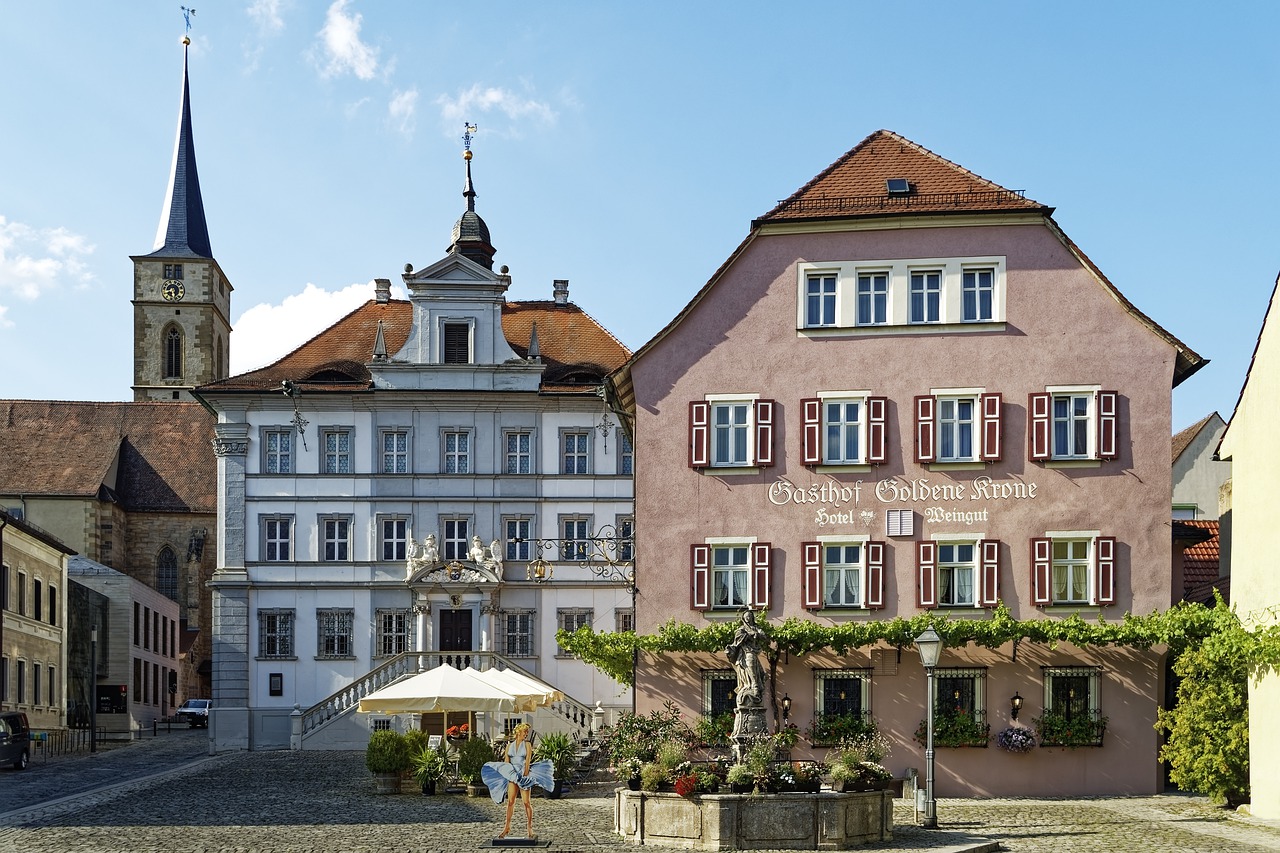Maintaining Work-Life Balance in Germany
Germany is known for its strong work ethic and high productivity levels. However, maintaining a healthy work-life balance is equally important in this country. With its diverse culture, beautiful landscapes, and strong emphasis on family, Germany offers numerous opportunities for individuals to find a balance between their professional and personal lives. In this article, we will explore various aspects of maintaining work-life balance in Germany, including flexible working hours, vacation policies, childcare options, and leisure activities.
Flexible Working Hours
Germany is renowned for its flexible working hours, which greatly contribute to work-life balance. Many companies offer flexible schedules, allowing employees to choose their preferred working hours within a certain timeframe. This flexibility enables individuals to accommodate personal commitments and pursue interests outside of work. Whether it’s starting early and finishing early or working longer hours on certain days to have shorter ones later in the week, employees have the freedom to tailor their work schedule to their needs.
- Part-Time Employment: Germany has a strong part-time employment culture, which provides individuals with the opportunity to work fewer hours per week. This is particularly beneficial for parents, students, or individuals seeking a better work-life balance.
- Home Office: Many companies in Germany offer the option to work from home, allowing employees to eliminate commuting time and create a more flexible work environment.
- Flexitime: Flexitime arrangements allow employees to choose their start and end times, as long as they fulfill their required hours within a specified period. This provides greater control over one’s daily routine and helps accommodate personal commitments.
Vacation Policies
Germany has generous vacation policies that contribute to a healthy work-life balance. The country recognizes the importance of taking time off to rest, recharge, and spend quality time with family and friends. Here are some key aspects of vacation policies in Germany:
- Statutory Vacation Days: German law mandates a minimum of 20 paid vacation days per year for full-time employees. However, many companies offer more than the legal requirement, with the average ranging from 25 to 30 days.
- Public Holidays: In addition to vacation days, Germany has several public holidays throughout the year. These holidays provide additional opportunities for individuals to take extended breaks and enjoy leisure activities.
- Bridge Days: Germans often take advantage of “bridge days” to extend weekends. By strategically taking a vacation day between a public holiday and a weekend, individuals can enjoy a longer break without using too many vacation days.
Childcare Options
Germany recognizes the importance of supporting working parents by providing a wide range of childcare options. These options enable parents to pursue their careers while ensuring their children receive quality care and education. Here are some common childcare options in Germany:
- Kindergartens: Kindergartens, or “Kitas,” are widely available in Germany. They offer structured educational programs and care for children aged three to six years old, allowing parents to work while their children are in a safe and nurturing environment.
- Childminders: Childminders, or “Tagesmütter,” are registered individuals who provide childcare services in their homes. This option offers a more personalized and home-like environment for younger children.
- After-School Programs: After-school programs, known as “Hort,” cater to school-aged children and provide supervision, homework assistance, and various activities until parents finish work.
Leisure Activities
Germany offers a wide range of leisure activities that contribute to a well-rounded work-life balance. From outdoor pursuits to cultural experiences, there is something for everyone to enjoy. Here are some popular leisure activities in Germany:
- Hiking and Nature Exploration: Germany boasts stunning landscapes, including the Black Forest, the Bavarian Alps, and the Rhine Valley. These areas provide ample opportunities for hiking, biking, and exploring nature.
- Cultural Events and Festivals: Germany is renowned for its rich cultural heritage and vibrant festivals. From Oktoberfest in Munich to the Berlin International Film Festival, there are numerous events throughout the year that showcase art, music, and traditions.
- Sports and Fitness: Germans place a strong emphasis on physical fitness and sports. Whether it’s joining a local sports club, participating in group fitness classes, or simply enjoying a jog in the park, there are plenty of opportunities to stay active.
Germany Image 1:

Work-Life Balance Initiatives
Germany recognizes the importance of work-life balance and has implemented various initiatives to support its workforce. Here are some notable initiatives:
- Parental Leave: German parents are entitled to parental leave, allowing them to take time off work to care for their newborn or adopted child. During this period, a portion of their salary is covered by the state.
- Employee Assistance Programs: Many companies offer employee assistance programs that provide support in managing work-related stress, personal issues, and maintaining a healthy work-life balance.
- Company Benefits: German companies often provide additional benefits to support work-life balance, such as subsidized gym memberships, childcare subsidies, and flexible healthcare options.
Germany Image 2:

Conclusion
Maintaining a healthy work-life balance is essential for overall well-being, and Germany understands this importance. With flexible working hours, generous vacation policies, a variety of childcare options, and a wide range of leisure activities, individuals in Germany have ample opportunities to create a harmonious balance between their professional and personal lives. By embracing these opportunities and taking advantage of the country’s work-life balance initiatives, individuals can lead fulfilling lives both inside and outside of the workplace.
Germany Image 3:

References
– Federal Ministry of Labour and Social Affairs: www.bmas.de
– Germany Tourism: www.germany.travel
– Federal Statistical Office of Germany: www.destatis.de

